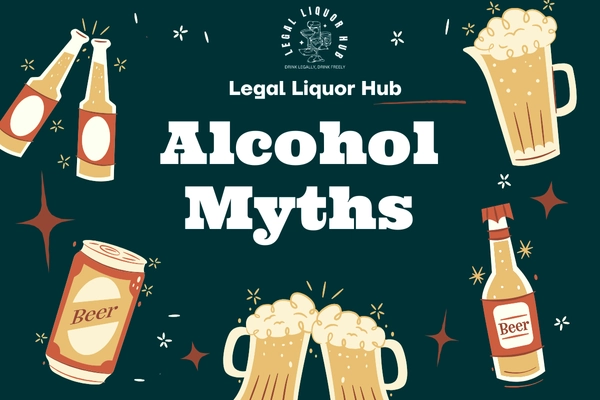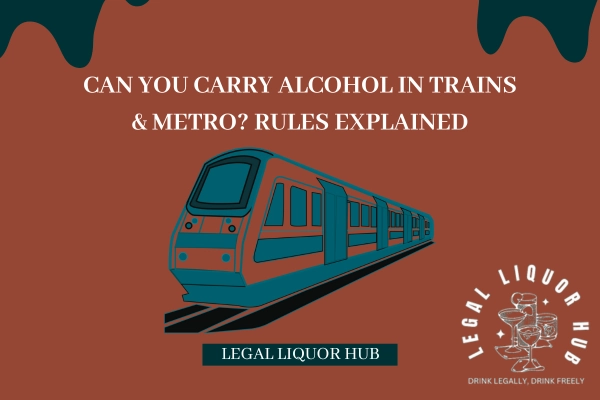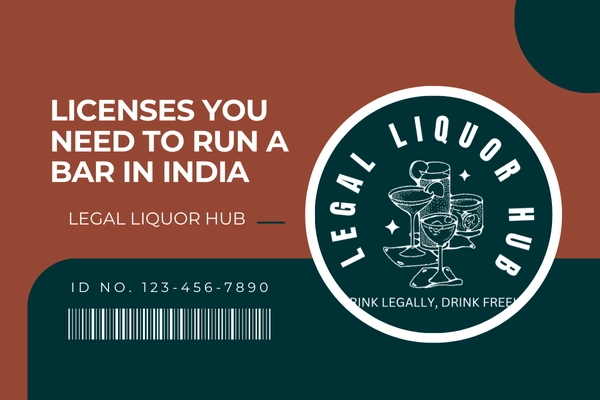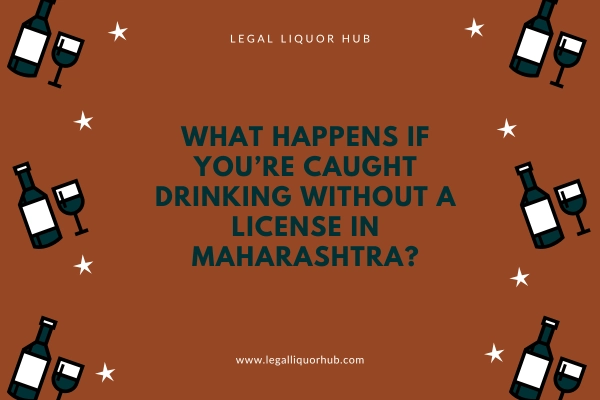Bust the most common alcohol myths in India with science-backed facts that separate truth from hearsay. From “beer is safer” to “mixing drinks is worse,” here’s what you really need to know.
Introduction
From late-night chai shop debates to family get-togethers, alcohol is one topic that seems to gather a lot of opinions in India. Unfortunately, many of these opinions are based on myths, half-truths, or outright misinformation passed down through generations.
While some myths are harmless, others can lead to risky drinking habits or unnecessary stigma. Let’s bust some of the most persistent alcohol myths that just won’t seem to die in India.
1. “Whisky is for winter, beer is for summer”
In India, many people believe that certain drinks “heat” or “cool” the body. You might hear:
“Don’t drink rum in summer, you’ll get sick!”
“Beer will make you catch a cold in winter.”
The truth: Alcohol doesn’t actually change your body temperature in a seasonal sense—it dilates blood vessels, making you feel warm or flushed temporarily, but it can also cause heat loss. So, whether it’s whisky in July or beer in December, it’s more about preference than science.
2. “Mixing different types of alcohol makes you more drunk”
A common line you hear at parties is:
“Don’t mix! Stick to one drink or you’ll get drunk faster.”
The truth: It’s not the mixing that’s the problem—it’s the total amount of alcohol consumed. Switching drinks can make it harder to track how much you’ve had, which may result in drinking more. But rum + beer doesn’t magically create a super-drink
3. “Dark liquor is stronger than light liquor”
Many people assume dark drinks like whisky, brandy, or rum are inherently stronger than gin, vodka, or white rum.
The truth: Strength depends on the ABV (alcohol by volume), not colour. A dark rum at 40% ABV is just as strong as a clear vodka at 40%. Colour usually comes from ingredients, ageing, or caramel additives—not from alcohol potency.
4. “Alcohol kills brain cells permanently”
This one gets repeated so often, it’s practically folklore.
The truth: Moderate alcohol use doesn’t kill brain cells, but it can affect communication between neurons. Heavy, chronic drinking can damage brain tissue and impair function, but it’s not about “wiping out” brain cells overnight.
5. “Drinking helps you sleep better”
Some believe a “nightcap” is the perfect cure for insomnia.
The truth: Alcohol may make you fall asleep faster, but it disrupts REM sleep—the deep, restorative stage—leaving you groggy and tired the next day. Over time, it can worsen sleep problems.
6. “Beer is less harmful than spirits”
Since beer has a lower alcohol percentage, many think it’s automatically safer.
The truth: It’s about quantity. You’d have to drink more beer to match the alcohol in a few shots of whisky, but if you do drink that much, the impact on your body is the same. Long-term health risks—like liver damage—depend on total alcohol consumed, not the drink type.
7. “Home remedies can sober you up instantly”
From strong coffee to cold showers, every group has its “magic” sober-up trick.
The truth: Only time can reduce your blood alcohol concentration. Coffee might make you more alert, but it won’t make you less drunk. Your liver needs time—around 1 hour to process 1 standard drink.
8. “Alcohol warms you up in cold weather”
This is a favourite in hill stations.
The truth: Alcohol dilates blood vessels, moving warm blood to your skin, making you feel warm temporarily. But this actually increases heat loss—so you’re losing body heat faster.
9. “Expensive alcohol doesn’t cause hangovers”
Some drinkers swear by the idea that premium liquor is “cleaner” and won’t leave you feeling rough.
The truth: While high-quality drinks may contain fewer impurities (congeners) that can worsen hangovers, any alcohol in excess can cause one. Even top-shelf single malt won’t save you if you overdo it.
Final Thoughts
Alcohol myths in India are as common as chai stalls, but believing them can lead to poor decisions or unsafe drinking habits. The golden rule remains: drink responsibly, know your limits, and don’t rely on hearsay.
And remember—sometimes the loudest “expert” at the party is the least reliable source of information.
Need Drinking liquor/alcohol permit : Apply Now





